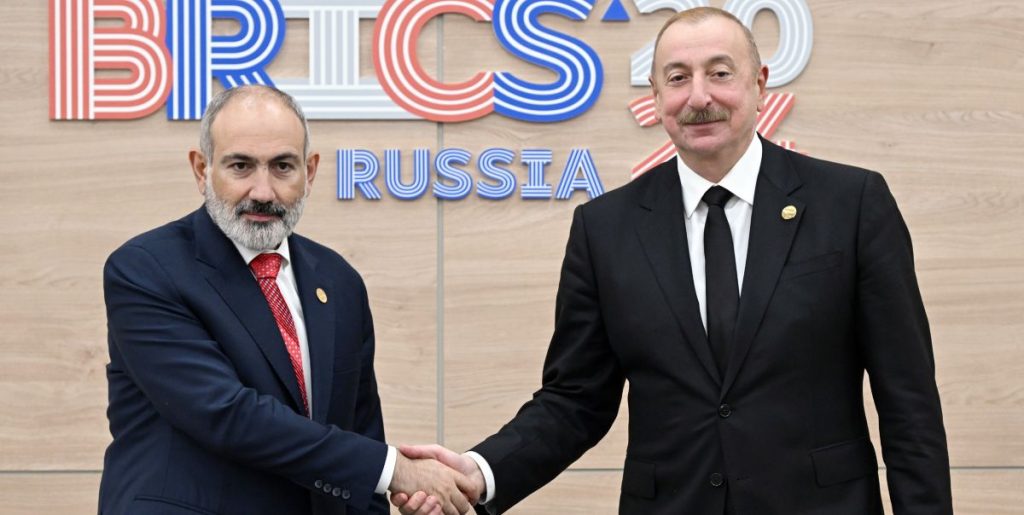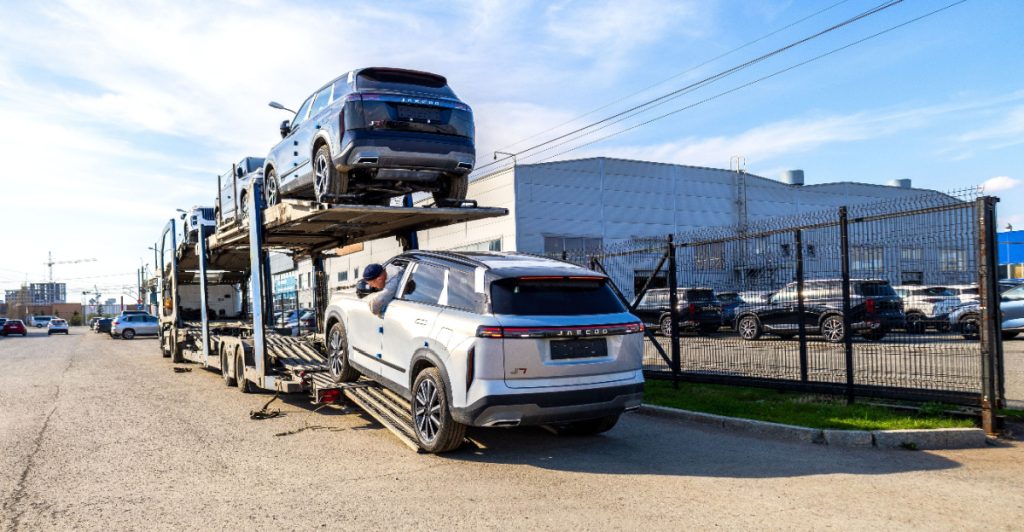The leaders are expected to sign an agreement aimed at ending decades of hostilities between the two nations.
Others are reading now
US President Donald Trump revealed plans to host Armenian Prime Minister Nikol Pashinyan and Azerbaijani President Ilham Aliyev at the White House for what he called a “Historic Peace Summit.”
A Bitter History of War

Armenia and Azerbaijan have fought two wars over Nagorno-Karabakh, a disputed territory with deep historical and ethnic tensions.
Azerbaijan regained full control of the region in 2023 after a swift military offensive, prompting the mass displacement of more than 100,000 ethnic Armenians.
Elusive Peace Efforts

While the two countries have held several rounds of negotiations, including talks in the United Arab Emirates last month, a lasting resolution had proved difficult.
Trump claimed his administration had worked “for quite some time” to bridge the divide.
Also read
Trump Takes Credit for Breakthrough

In a post on Truth Social, Trump said many leaders had tried and failed to end the conflict, but “until now, thanks to TRUMP,” peace had been achieved.
He praised both leaders for “doing the right thing” after years of bloodshed.
Economic Deals on the Table

Alongside the peace accord, Trump announced that the US would sign bilateral agreements with both Armenia and Azerbaijan to expand economic cooperation in the South Caucasus, an area rich in trade potential.
Reopening Key Corridors

The agreement could reopen vital transportation routes across the South Caucasus that have been closed since the early 1990s.
Improved connectivity is expected to boost regional trade and cooperation.
Also read
The ‘Trump Route’ for Peace and Prosperity

According to US officials, the deal includes leasing rights for the US to develop a strategic transit corridor named the “Trump Route for International Peace and Prosperity.”
The route would connect Azerbaijan to its Nakhchivan exclave via a 20-mile stretch through Armenia.
Infrastructure with Global Reach

Plans for the corridor include a railway, oil and gas pipelines, and fibre-optic cables. These developments aim to facilitate the movement of goods and eventually people between Europe, the Middle East, and Asia.
Private Sector to Fund Development

The agreement does not require US taxpayer funding for construction. Instead, private corporations are expected to finance and build the infrastructure, positioning the project as a commercial as well as a diplomatic venture.
A Conflict Decades in the Making

The Nagorno-Karabakh dispute has roots in the Soviet era, when the majority-Armenian region had autonomous status within Azerbaijan. As the USSR collapsed, ethnic and religious tensions between Christian Armenians and Muslim Azerbaijanis erupted into full-scale war, leaving scars that may finally begin to heal.


